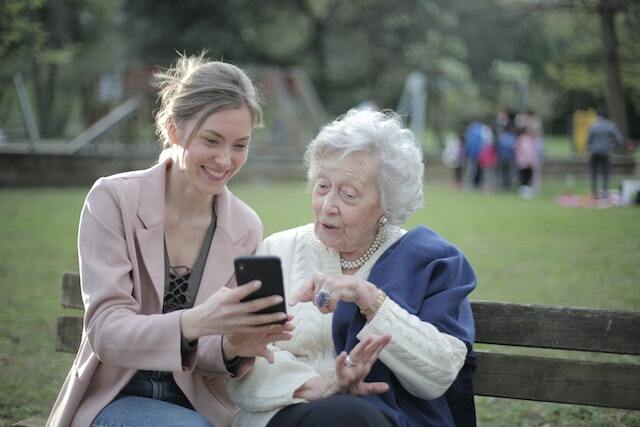Who is a Home Care Coordinator?
A home care coordinator is a specialized professional who acts as a central point of contact for seniors and patients requiring home care services. They are responsible for organizing, managing, and coordinating the care provided to clients, ensuring that their specific needs are met. Home care coordinators typically work closely with healthcare professionals, caregivers, and clients' families to develop and implement comprehensive care plans.
The demand for home care services has grown exponentially in today's fast-paced world. Many seniors and patients prefer to receive personalized care in the comfort of their homes, which has given rise to the need for skilled professionals who can coordinate and manage home care services effectively. Home care coordinators play a vital role in ensuring that seniors and patients receive the highest quality of care tailored to their unique needs. In this article, we will explore the essential responsibilities and qualities of a home care coordinator and highlight their impact on their clients' overall well-being.
Responsibilities of a Home Care Coordinator
- Assessing and evaluating client needs: A home care coordinator conducts thorough assessments of seniors and patients' physical, emotional, and social needs. They work closely with healthcare professionals to comprehensively understand the client's condition and develop a personalized care plan.
- Developing personalized care plans: The home care coordinator creates a customized care plan tailored to the individual's needs based on the assessments. This plan may include a combination of medical services, personal care assistance, therapy, and social support.
- Coordinating care services: Home care coordinators collaborate with healthcare providers, caregivers, and family members to ensure that all aspects of the care plan are executed smoothly. They schedule appointments, arrange transportation, and coordinate with different healthcare professionals involved in the client's care.
- Monitoring and evaluating care: Regular monitoring of the client's progress is essential to ensure the effectiveness of the care plan. Home care coordinators maintain ongoing communication with the client, caregivers, and healthcare providers to assess the client's well-being, identify any issues or concerns, and make necessary adjustments to the care plan.
- Advocating for clients: Home care coordinators advocate for their clients, ensuring their rights and preferences are respected. They communicate and collaborate with various stakeholders to ensure the best possible care outcomes.
Qualities of an Effective Home Care Coordinator
- Strong interpersonal and communication skills: Home care coordinators must possess excellent communication skills to effectively interact with clients, families, caregivers, and healthcare professionals. They should have empathy, active listening skills, and the ability to convey information clearly and compassionately.
- Organizational and problem-solving abilities: Coordinating multiple care services and managing complex care plans requires strong organizational and problem-solving skills. Home care coordinators must be detail-oriented and capable of managing time and resources efficiently.
- Clinical knowledge and expertise: A solid understanding of healthcare practices and medical terminology is crucial for home care coordinators. They should have knowledge of various conditions, treatments, and medications to ensure appropriate care coordination.
Conclusion
As the demand for home care services continues to rise, the role of a home care coordinator becomes increasingly important.


